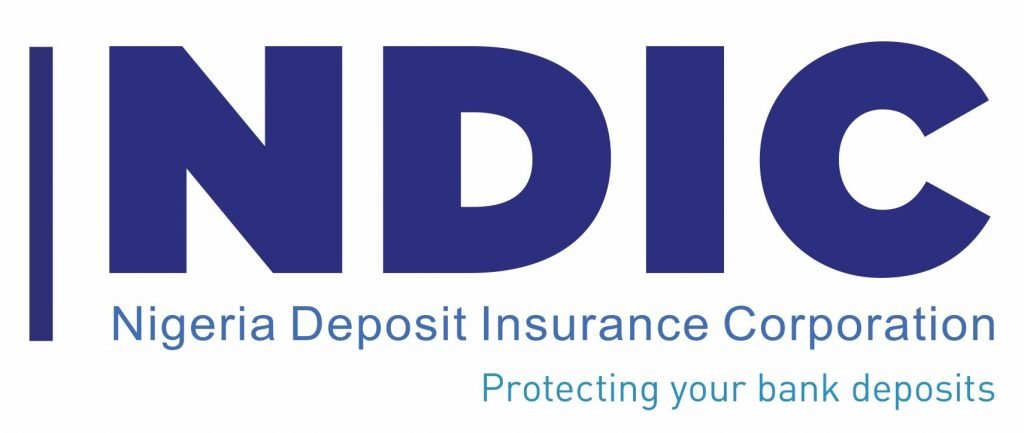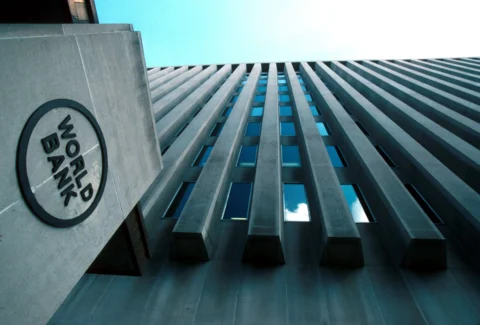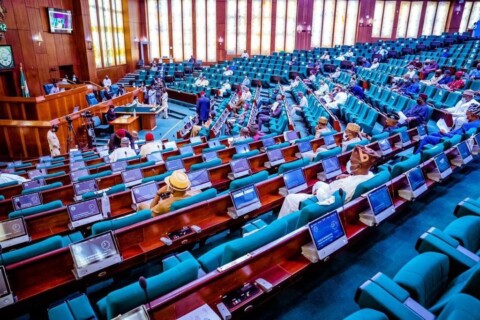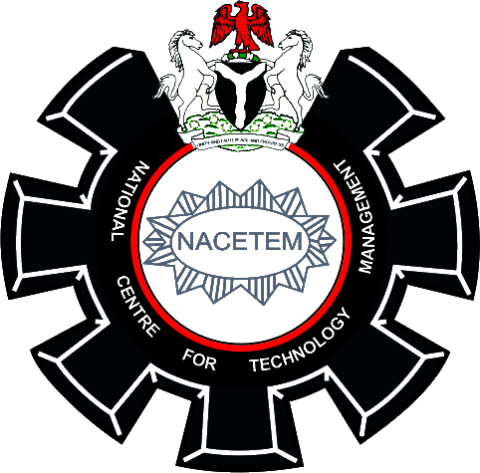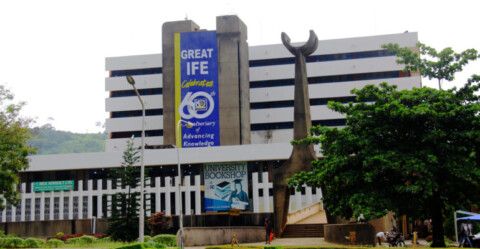The Nigeria Deposit Insurance Corporation (NDIC) has emphasized the need for increased financial literacy among Nigerian youth to equip them with the knowledge and skills required for informed financial decision-making and long-term financial stability.
During the Financial Literacy Day 2025 outreach at Government Secondary School Kuchingoro, Abuja, as part of Global Money Week activities, NDIC officials highlighted the importance of early education on savings, budgeting, responsible spending, and investment.
Madina Mustapha, Senior Manager in the Insurance and Surveillance Department, explained the NDIC’s role in safeguarding depositors’ funds and ensuring financial system stability. She noted that the corporation provides deposit insurance coverage to depositors of licensed banks, including commercial, microfinance, and non-interest banks, with a focus on protecting small depositors.
“The NDIC exists not just to insure depositors’ funds but also to enhance confidence in the banking system through effective supervision, failure resolution, and consumer education,” she stated.
Ada Madu, Manager at the Bank Examination Unit, underscored the critical role of financial literacy in preventing poor money management and economic vulnerability. She stressed that understanding key financial concepts empowers young people to manage their resources effectively, avoid debt, and plan for the future.
The outreach educated students on budgeting, distinguishing between wants and needs, and understanding different types of savings accounts. It also introduced investment basics, covering stocks, bonds, and treasury bills as tools for wealth creation. Additionally, discussions included the Central Bank of Nigeria’s cashless policy and how digital platforms are transforming financial transactions.
Students were encouraged to adopt safe and efficient financial practices in response to the evolving digital economy. NDIC officials reiterated that beyond their supervisory role, they are committed to strengthening financial literacy as a means of fostering inclusive growth and economic resilience.
The initiative aligns with the broader goal of reaching young Nigerians in schools, equipping them with financial skills to navigate challenges and contribute to the nation’s economic development. Global Money Week, an international campaign by the Organisation for Economic Co-operation and Development (OECD), continues to raise awareness about the significance of financial education worldwide.

